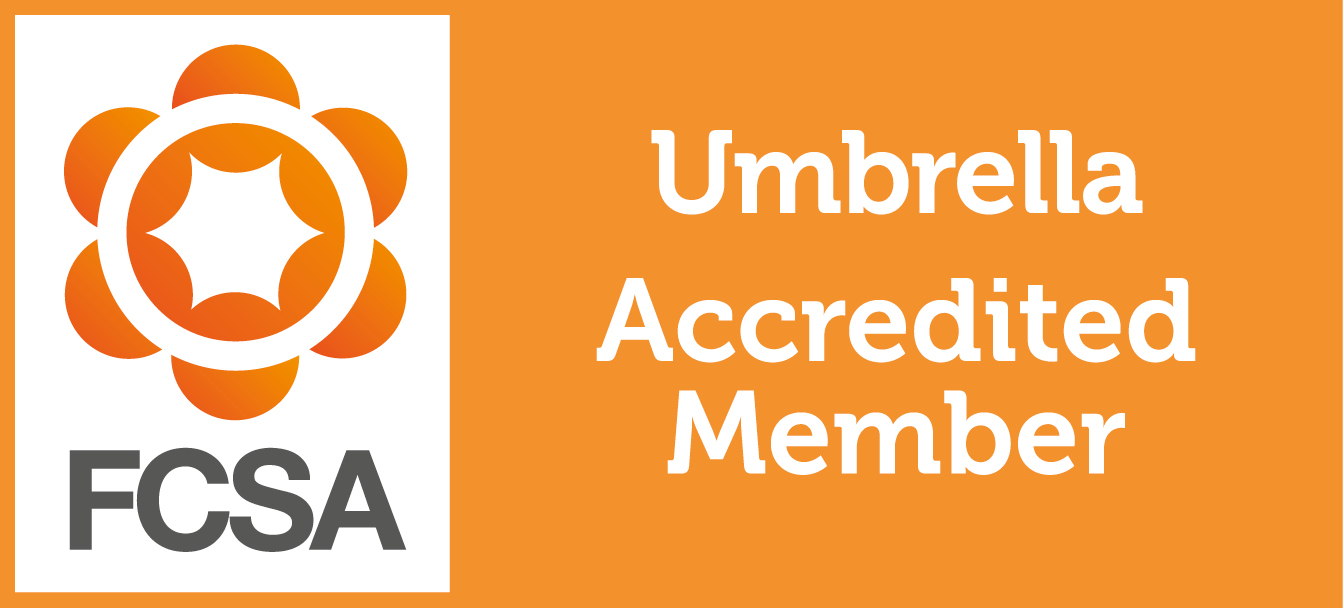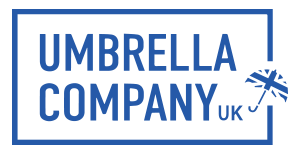
On the 26th November, HMRC published a report entitled: Use of marketed tax avoidance schemes in the UK. The report outlines the current state of the avoidance market in the UK, and the steps the government is taking to tackle tax avoidance.
An introduction to the report
On the 26th November, HMRC published a report entitled: Use of marketed tax avoidance schemes in the UK. The report discusses how the UK has seen a significant shift in the way promoters of tax avoidance schemes are targeting individuals, and there is a focus on employment-based schemes aimed at middle-income earners.
Mary Ainston, Counter-Avoidance Director, explains:
“It’s no longer about higher-income individuals using investment-based avoidance schemes involving Hollywood films or gold bullion. Instead, the market has decisively shifted towards employment-based avoidance schemes, aimed at those with middle-income levels, including contractors and agency workers.”
“HMRC is determined to do all it can to stop unscrupulous promoters. We are targeting those who promote these schemes using all of HMRC’s powers. Increasingly, we are using sophisticated data analysis to identify people who may have got involved in tax avoidance schemes so we can warn them of the consequences as quickly as possible.”
Tax avoidance in the UK
Tax avoidance isn’t as prevalent as you may think. During 2018 – 2019, it was estimated around 95.3% of all tax that was due in the UK was paid. The amount lost to tax avoidance schemes targeted at individuals has more than halved since the 2013/14 tax year when it was estimated to cost the Exchequer about £1.3 billion.
This reduction is the result of a series of operational and policy changes—specifically, the introduction of the Accelerated Payment Notices and Follower Notices in 2014, and the General Anti-Abuse Rule in 2013. Despite the drop in cases, HMRC believes around 30,000 individuals and 2,000 employers were involved in avoidance schemes in 2018/19, and roughly £1.7 billion was lost to tax avoidance as a consequence.
The report highlighted that a significant shift had taken place in the characteristics of the avoidance schemes. Today, the market is dominated by disguised remuneration avoidance schemes who engage contractors and agency workers. Workers engaging in these types of schemes will receive payment via an offshore job board, trust or loan scheme.
The schemes claim the payments are different from regular income, and therefore, they do not have to pay any tax or National Insurance Contributions (NICs). This is, in fact, not the case, and standard tax deductions apply.
How to spot a tax avoidance scheme
The good news is that there are some clear indicators which can help you spot a tax avoidance scheme:
- They advertise up to 90% take home pay.
- They claim to have negotiated the best umbrella rates for you or advertise ways to reduce the amount of tax you pay.
- They claim to be approved by HMRC or say HMRC is aware of the arrangement.
- They are based outside of the UK – often in a tax haven.
- You will receive a large portion of your pay through a job board, loan scheme or trust which they claim do not fall within the scope of UK tax law.
- You may be asked to sign multiple contracts.
- They have very little information about them online.
Ultimately it is your responsibility to ensure you are paying the right amount of tax and are using a reputable umbrella company who will process your payments correctly. While the majority of umbrella companies comply with their tax obligations and will process all of their employee’s income via PAYE, some providers continue to encourage workers to avoid paying tax. We strongly urge you to conduct thorough due diligence on any company you are considering using and only use FCSA accredited providers for complete peace of mind.
Consequences of using a tax avoidance scheme
The report outlines the consequences of using a tax avoidance scheme, which unsurprisingly, many promoters fail to mention:
- As soon as HMRC discovers a scheme, they disappear overnight, making them untraceable and uncontactable.
- If HMRC finds you are using a tax avoidance scheme (or have used one in the past), you will face a potentially large tax bill and have to pay back every penny of tax owed.
- You may also have to pay substantial legal fees, interest and penalties.
- You may face a criminal conviction if a false statement has been made or you have signed false documents.
- HMRC could mark you as a high-risk tax-payer and subject to ongoing checks.
The FCSA welcomes the report
Commenting on the report, FCSA Chief Executive Phil Pluck said:
“I am delighted that HMRC has published this report. It highlights that tax avoidance schemes are still prolific.”
“Loan schemes are marketed to workers to defraud them. Offers of 90% of take-home pay are always false. If an offer seems too good to be true, then it almost certainly is. Please remember that a compliant umbrella is your employer, and as such, they are required to take National Insurance and Income Tax out of your pay and pass this onto HMRC on your behalf.”
“FCSA accredited umbrella companies are tested for their legal and financial compliance annually by independent experts. I would urge end users, recruitment agencies, and contingent workers to have this guide by their side and only use complaint companies when selecting an umbrella company, contractor accountant, or CIS/self-employed service provider.”
Are you looking for a compliant umbrella company?
Umbrella Company UK has a range of FCSA accredited umbrella payroll services. Whether you require PAYE umbrella payroll or umbrella payroll for drivers, we can help. Contact us on 01707 669023 to find out more about our services.






